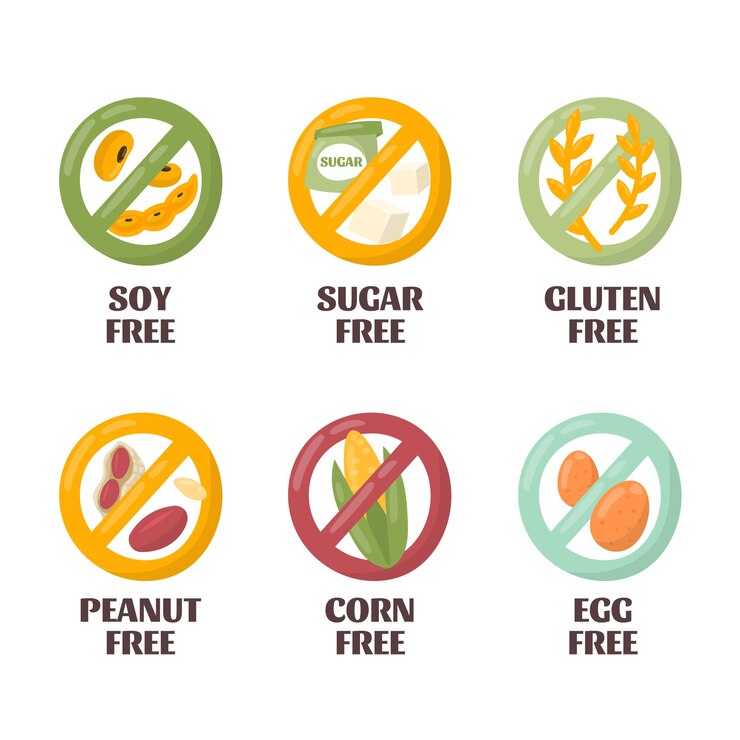Food allergies are common allergies that many people face. These are a result of our immune system which protects the body from a substance, in this case, a certain type of food that it unintentionally deems as harmful. In doing so, a person can experience swelling in the airway or parts of the face, inability to breathe properly, vomiting and low levels of blood pressure.
Typically, the symptoms of a food allergy cause a fast reaction; they are experienced within two hours of eating the food.
WHAT CAUSES FOOD ALLERGIES?
When an individual is allergic to a certain food, the immune system mistakenly recognizes it as being harmful to the body, just as in the case of a virus or bacteria. Hence, the cells attack and try to flush out the substance which causes several symptoms, ranging from mild to severe for an individual.
WHAT ARE THE MOST COMMON FOOD ALLERGIES?
These are the most commonly experienced food allergies but an individual can be allergic to other foods too.
• Soy
• Peanuts
• Wheat
• Tree nuts such as almonds, walnuts, pistachios, hazelnuts, pecans, cashews and Brazil nuts
• Milk
• Eggs
• Fish
• Shellfish
• Sesame
SYMPTOMS OF FOOD ALLERGIES
Symptoms of food allergies can be mild to severe. However, if you experience any severe symptoms, it is best to go to the ER or call the emergency helpline for assistance. Following are the symptoms:
• Itchy skin, rash or hives
• Swelling of your face, lips, mouth, tongue or airway
• Itchy throat or mouth
• Rough voice or coughing
• Difficulty swallowing
• Gasping, shortness of breath or difficulty breathing
• Abdominal pain
• Vomiting
• Diarrhea
• Lightheadedness or loss of consciousness (fainting)
• Runny nose
• Sneezing
MANAGING AND TREATING FOOD ALLERGIES
If a food allergy is identified your general physician may ask about the symptoms and conduct an allergy test, if needed. The best way to manage food allergies is to avoid the foods that you are allergic to. Visiting a dietitian can help you find alternatives to the food and educate you about foods that contain that allergen.
Additionally, there are treatments available, depending on your allergy – a common treatment being oral injections.
In case of emergency, your doctor may prescribe you medications, such as epinephrine to help with the allergic reaction.


